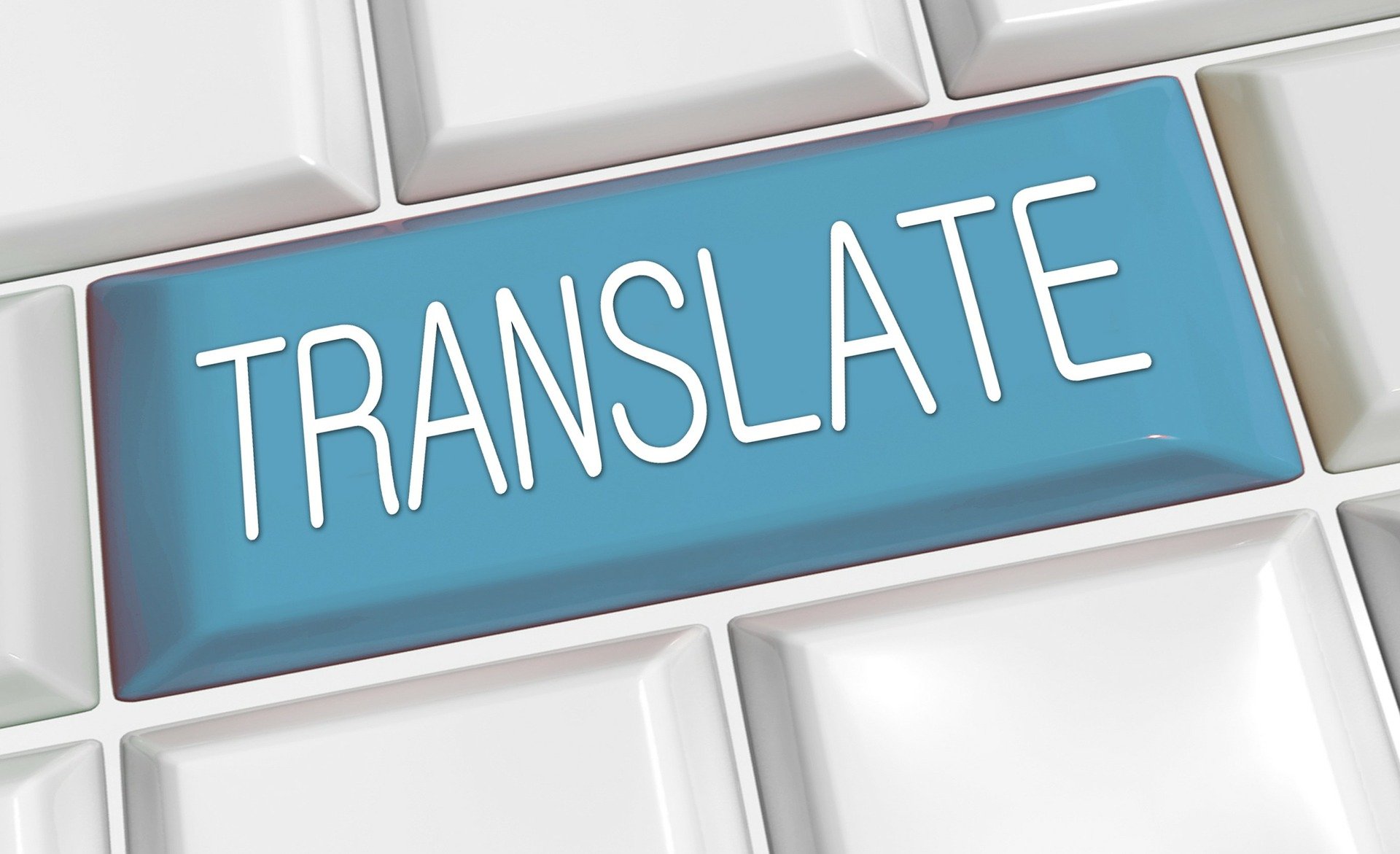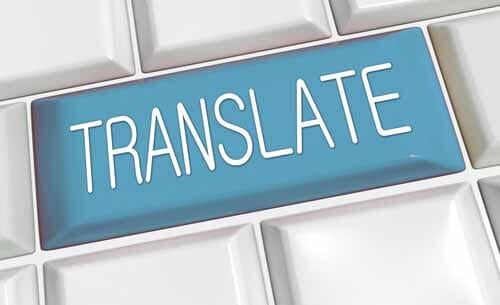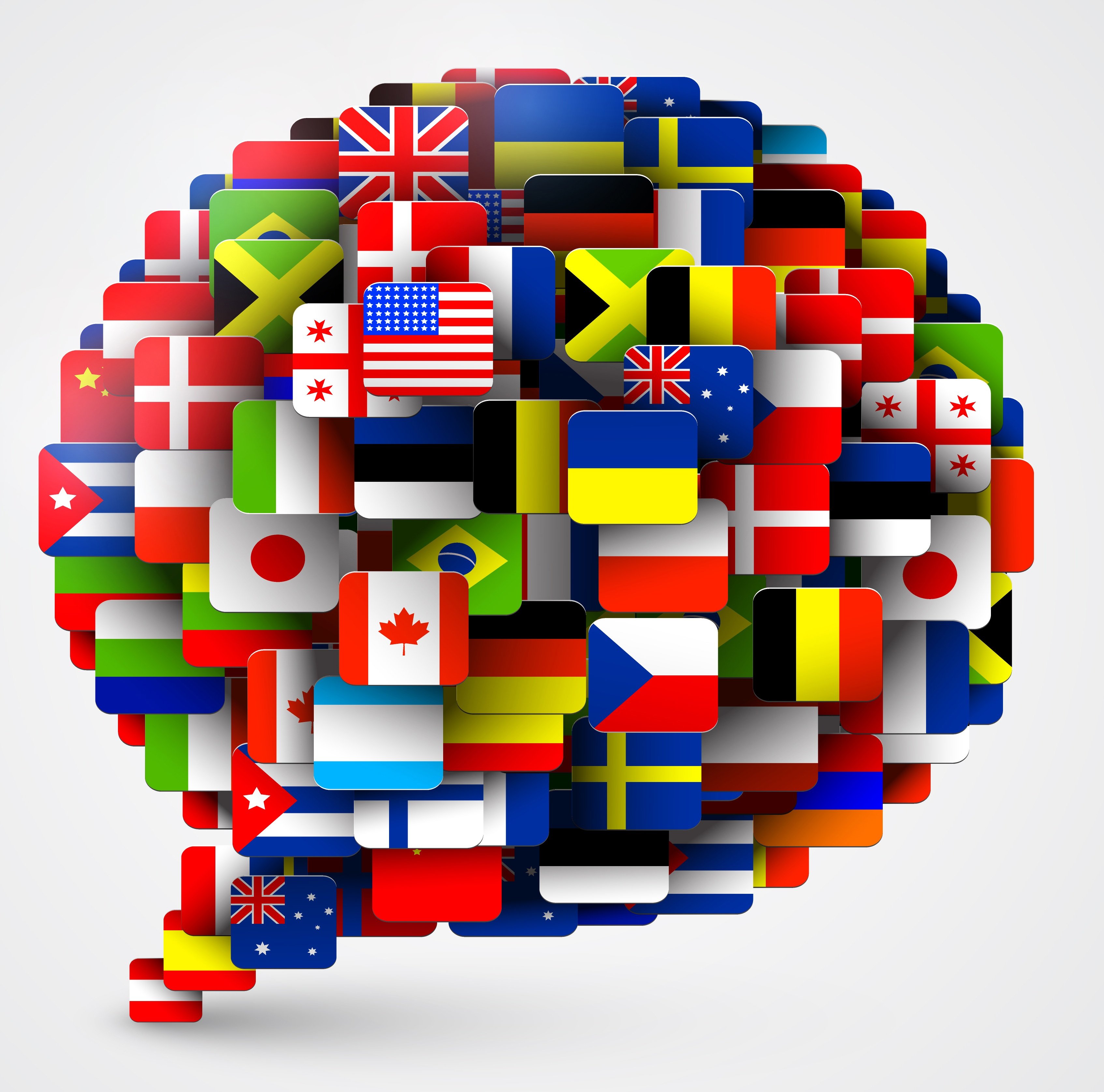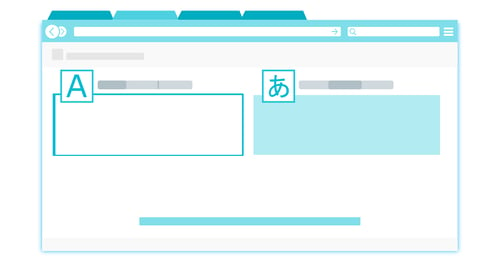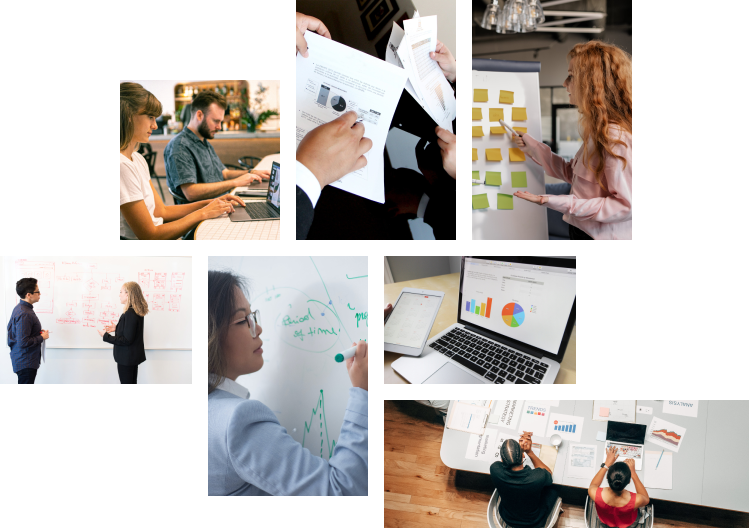Listen to Audio Version:
Today when companies doing international business or first entering the international arena are trying to decide how to translate their website, how much money to invest, or what tools to use, the question undoubtedly arises about whether or not to use machine translation (i.e. Google Translate). Should you or shouldn’t you? Is it a good use of your time and money, or will it just create further problems along the way?
There are many schools of thought on this subject, but we recently spoke with an expert in global business who recommends machine translation within certain scenarios for several reasons. Although we may not agree entirely on the subject, we both came to recognize the limited benefits of using machine translation, especially as a starting position from which to test a market.
|
Machine vs. Human Translation
As Ed Marsh, Chief Revenue Officer for Intent Date and Founder and Principal of Consillium Global Business Advisors, explains, basic Google Translate is probably only appropriate for reading labels or quick phrases, not for marketing purposes. But he does approve of using the Google Translate plug-in to translate a website on a simple basis. Yes, you may need some cultural tweaking regarding business titles (even in English, terms like president and managing director vary between the United States and Australia), but overall it will work. “People will certainly get the gist of the translation,” he says. “I definitely can see a use for it. It’s convenient for people, no cost, and gives you a good overall accessible format. And, if the consumer sees a translation problem - they won’t hold you responsible because they understand its just a widget! It’s not perfect, but does give you an intro.”
Then, you can start tracking traffic and user location. For instance, if you notice a significant number of users from a certain country, then you may decide it makes sense to create a landing page in that country’s primary language. You can then implement search engine optimization (SEO) in the most appropriate languages. Or, you may determine that you should create a microsite and do that in conjunction with a professional services firm with marketing and specific cultural expertise. No, Google Translate is not perfect, Marsh says. But it can fulfill a certain need and should not be immediately discounted.
“People buy differently in different countries and different cultures,” he explains. “Often, the way in which purchasing happens depends on a buyer’s role. In some situations, there are specific processes for how things are purchased. I call this ‘Sociological transcreation differences.’” In Germany, for instance, a process engineer in manufacturing goes through a very technical process to determine exactly where something is going wrong and what tool or piece could fix the problem. Yet in the U.S., problems are addressed with desired outcomes as the ultimate goal. These two approaches will result in very different cultural strategies of bringing a product/service to market within an international context.
Organic International Growth
There are certainly advantages to allowing a company, especially a smaller one, to grow internationally in a more organic fashion. Rather than simply pursuing English speaking markets where there is bound to be more competition, Marsh recommends that his clients follow their website traffic and inquiries, monitor the deals in the pipeline, see which deals are closing, and determine which are closing with the least amount of conflict. By analyzing these steps, they can determine which markets to pursue and build a more concrete presence based on real data.
Naturally, the process of doing business in other countries and markets will differ in a variety of ways, and it is important to understand and accept that. “Cultural differences will often impact how things are interpreted,” Marsh emphasizes. Sure, some differences are just due to people being people, different time zones, or fatigue, but in general you will need to accept the fact that problems are bound to occur while conducting business in another country.
Avoiding Errors When Expanding Globally
What are some recommendations on how to avoid errors?
- Ask questions
- Observe the people around you
- Adapt
Yes, do your research in advance as much as possible. But you will never be able to avoid mistakes entirely; just accept that things will go wrong and learn to adapt. Often, the most common challenges center around foreign currency, logistics, exporting issues, legal challenges, and corruption.
And don’t be afraid to outsource things. Payroll, for instance, is quite complicated - so outsource it! “My advice,” says Marsh: “Find experts to help. Get referrals either from people you know or from the Department of Commerce. Don’t assume that you have to sell cheap. And remember that the purchasing process may not be the same as you are accustomed to.”
In general, as Marsh emphasizes, the last ten years, especially the last two, have seen a dramatic change in how companies pursue international business. You can now follow a more incremental path, pursue individual opportunities and inquiries as they evolve, rather than trying to tackle an entire market. “Let the market guide you, rather than the other way around,” he notes. If you follow your traffic, inquiries, deals in the pipeline, business closing, and most successful closings, you can determine where the most demand is and build a comprehensive market presence based on that information.
And machine translation can be useful as an initial step for certain uses. “Do I recommend it for every situation? No.” Marsh notes, “But it can be a good tool to give people the gist of your site and to test the water.”
Rapport International president Wendy Pease acknowledges, “I’ve seen examples of companies like AirBnB using both high level translation for their website and machine translation for individual reviews. So, if one has a limited budget, it could be useful within certain contexts.”
Rapport International specializes in multilingual communications, providing language translation and interpretation services that are accurate and culturally appropriate. We use the right voice, correct terminology to avoid liability, customize services to your needs, and deliver on time and within your budget. And with our 100% satisfaction guarantee, you can trust that it’s done right. Contact us today if you would like more information or to get a free quote.
About the Author - Hannah Pentz
Hannah Feldman Pentz is an experienced marketer and content communicator, especially for professional services, B2B, and inbound marketing. She has extensive experience working with management consulting firms, helping them to create and implement marketing plans geared toward Fortune 500 global companies, as well as smaller non-profits. A graduate of Vassar College, (BA English) Hannah and her family live in the Boston area.
Rapport International specializes in multilingual communications, providing language translation and interpretation services that are accurate and culturally appropriate. We use the right voice and the correct terminology to avoid liability, customize services to your needs, and deliver on time and within your budget. With our 100% satisfaction guarantee, you can trust that it’s done right. Contact us today if you would like more information or to get a free quote.
Popular Posts
Popular industry news, interviews, technologies, and resources.






